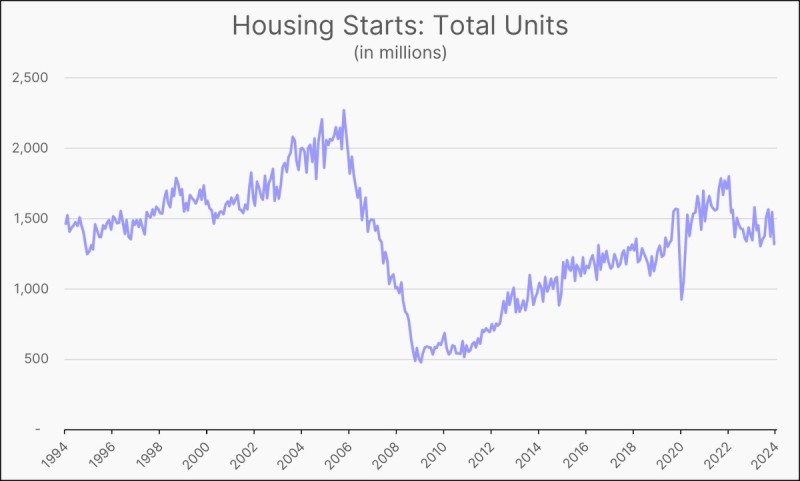Advertisement
Ocwen reports: 83 percent of trial modifications become permanent

Ocwen Financial Corporation, a servicer of sub-prime mortgages, has converted the highest percentage of trial loan modifications for distressed homeowners to permanent status, when compared with the other servicers participating in the U.S. Treasury Department's Home Affordable Modification Program (HAMP). According to a recently-released HAMP report on servicer performance through April 2010, 83 percent of Ocwen's customers who had trial modifications under HAMP now have permanent modifications, meaning their home loan payments have been reduced to a level that should be affordable and sustainable.
Borrowers in permanent HAMP reductions are receiving median payment reductions of 36%, more than $500 per month, the report said. One other servicer converted 83 percent of eligible borrowers, and the four largest servicers in HAMP, including big banks, have conversion rates below 30 percent.
Ocwen attributes its conversion success in part to its established practice of requiring verified documentation from borrowers before putting them in trial modifications. Many servicers have relied simply on stated income for trial modifications. Treasury is now requiring all HAMP servicers, as of June 1, 2010, to require upfront documentation prior to initiating new trial modifications.
"We are doing everything we can to help make the HAMP program a success," said Ronald M. Faris, Ocwen's president. "Loan modifications are the best solution for helping American families avoid foreclosure, but modifications have to be sustainable, rigorously formulated and effected on a meaningful scale. We're gratified that the Treasury has recognized that our upfront documentation approach, while process-intensive, benefits homeowners and the program--and that approach is now required of all HAMP servicers."
Faris said Ocwen's success with modifications also stems from its 30-year track record servicing high-risk loans, as well as the firm's proprietary technology that allows it to modify mortgages for distressed homeowners so they're affordable on a sustainable basis and also deliver more cash flow to investors than they would get from a foreclosure. Ocwen has invested over $100 million in R&D to build loan servicing technology that is scalable for high volumes. The firm also cites its reliance on consumer behavioral science research and long-standing partnerships with grass roots consumer advocacy groups as instrumental in enhancing borrower outreach and effective communications.
In testimony before Congress in March, Faris voiced Ocwen's support for HAMP and recommended several program enhancements, including:
►Lowering the borrower debt-to-income ratio for modifications, i.e., allowing for lower monthly payments on modifications.
►Allowing for principal reductions on modified loans. (Approximately 15 percent of Ocwen modifications, including those outside HAMP, involve principal reductions.
►Making additional funding available for housing counseling groups.
►Requiring underperforming servicers in HAMP to outsource to servicers that perform.
Since the onset of the mortgage crisis, Ocwen has saved more than 100,000 homes from foreclosure. In doing this, Ocwen has partnered with community groups around the country to reach out to, educate and provide services for customers in distress and at foreclosure risk.
"Our message to homeowners facing difficulty paying their mortgages is to work with their servicer," said Faris. "Modifications represent a very promising solution. They also require proactive communications with the servicer and a real investment of time. But it's worth it. We urge patience and persistence."
For more information, visit www.ocwen.com.
About the author





